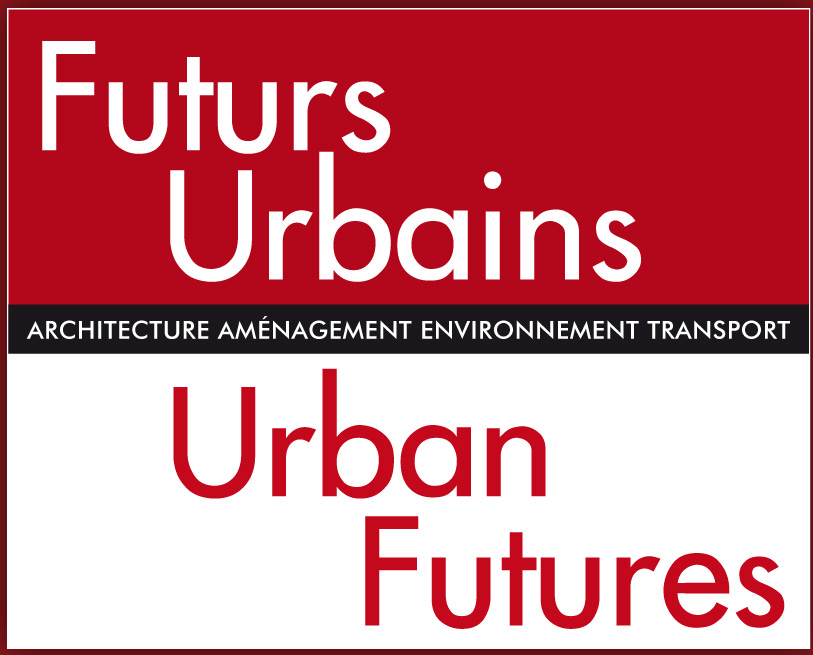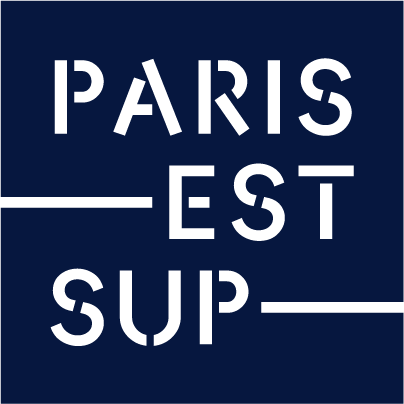Presentation of research project
Analysis urban metabolism is of great interest for analysing the environmental role of cities and their resilience. They hihlight the materiality of the city together with its productive activities.
Urban metabolism concerns analysing inputs in the form of construction materials, water, food and combustibles, as well as outputs in the form of emissions, waste and finished products.
It also focuses on functions - mainly logistics and transport - associated with flows in and out of the city. Indeed, these flows frequently require complex logistical arrangements that generate huge transport volumes.
More generally, it focuses on the location of the resources harnessed by cities as well as the socio-technical systems that underpin these flows.
Transversal Group initiatives
The Transversal group's initiatives focus on a broad range of activities :
Surveys for analysing the inputs and outputs that comprise the urban metabolism
Plans are afoot to work with IAU IdF (Institute of planning and development for the Greater Paris region), to recruit post-doctoral candidates and organise Study Days for each of the research focuses.
International comparisons : invitations to foreign researchers
Joint bids in response to calls for proposals
Collective publications
Researcher focuses
This first transversal group research focus seeks to identify inputs and outputs both quantitatively and qualitatively, and highlight the determinants (urban morphology, structural characteristics of the city). What is the place of each type of flow in the urban metabolism and ecological performance of cities? This axis will also consider the relative share of imports and exports, as current cities tend to import too many resources and export too much pollution and waste. The first axis of this cross-cutting group will seek to identify quantitatively and qualitatively these flows, and will illuminate the determinants (urban morphology, structural features of the city ...).
This second focus also seeks to tackle the functions, mainly logislitics and transport, associated with flows in and out of the city that help keep the city running. This includes analyzing the performance of the organization of these functions, in a perspective of sustainability and resilience, and ways to improve this performance. The elimination of waste thus requires complex logistical diagrams that generate a lot of transport. The types of organizations set up as a result of the various regulations in the field of waste have, of course, led to a reduction in the amount of waste disposed of in landfills, but at the same time generate more load breaks and greater use of transport. The work of Gonzales-Feliu et al (2012) highlights the need to better organize product flows in urban areas if we want to significantly reduce the environmental nuisances they induce, particularly by developing the use of the outsourcing of transport for better rationalization.
This third research focus tackles the relocation of the city's supplies of materials and products. Consequently, keeping urban areas supplied with food involves a variety of solutions that include short circuits.
This research focus looks at urban system governance inter alia. Up to now, public policies have concentrated especially on the subsequent impacts of human activities on the environnement. However, the organisation of the system that consumes these resources and generates this waste has not been seriously challenged. Initiatives to develop circular urban systems can thus be an element of response. They consist in partially upgrading the waste to produce primary energy. In France, a lot of attention has been paid in recent years to the development of eco-neighborhoods or positive energy islands, the relevance and effectiveness of which needs to be discussed. Other initiatives may also be considered. Can residential and commercial densification be a relevant urban weapon to reduce the ecological footprint of our cities ?

